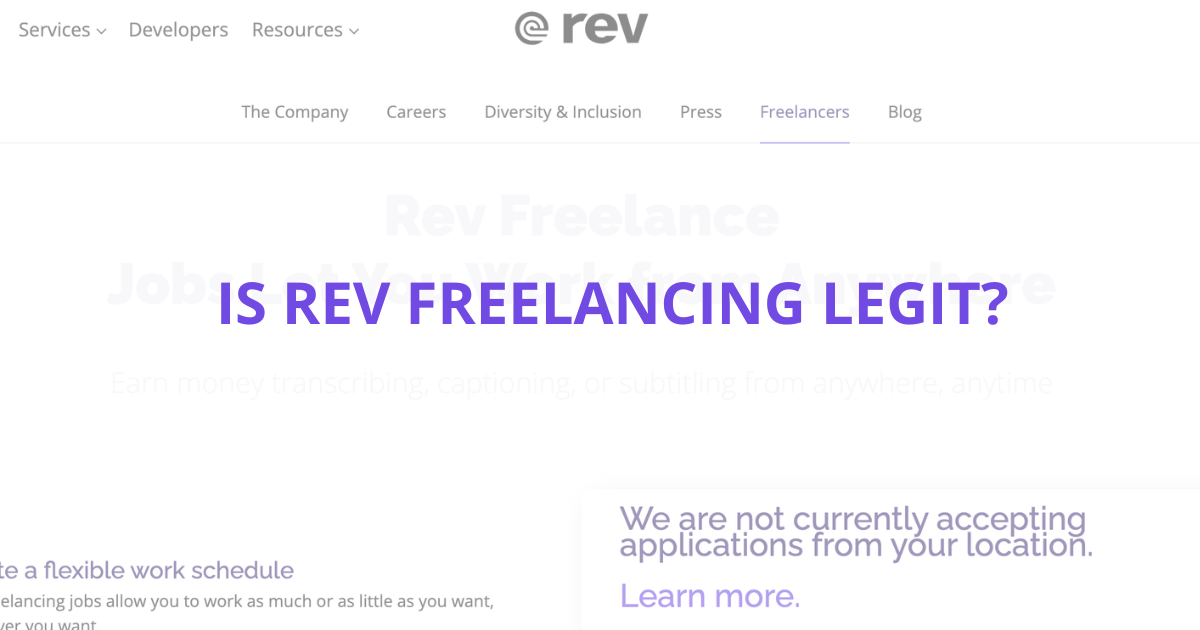how to spot scam websites
How to Spot A Scam Website
It’s never been easier to get a certificate. You can now study online, at your own pace and in the comfort of home or office with just about any subject you want!
With so many people today turning towards distance learning programs for their careers as well as personal interests there has been an incredible shift within higher education itself; universities have finally started offering courses that were previously only available by attending physical location on campus – meaning no more long bus rides after school every day while juggling homework assignments between classes- not even mentioning all those hours spent studying alone before bedtime.
Online certificates have been taking over the world, but not all of them are legitimate. Many websites that pose as a school in order to scam you actually offer worthless education and pretend it’s worth something when really there isn’t anything at all behind their supposed certificate program or fake diploma process online.
There are millions of websites available to anyone at anytime. But, what do we do about the potential threat of fake/scam websites?
We at Type Whizz have compiled 5 top ways to spot scam websites.
how to spot scam websites
1. Beware of too good to be true application criteria
You should be wary of any admission criteria that seems too good to be true. If there are few requirements, and they’re very simple, such as just submitting your resume and motivation letter with no other qualifications needed, then something may not feel right about this opportunity. You might want more information before signing up for their course/s or program/s.
The exception would only come in if the institution was an open university – which typically has little-to-no prerequisites for applicants (although some require interviews).
how to spot scam websites
2. Check the accreditation of the online course
When you’re looking for a training provider or distance-learning programme, make sure that any course is fully accredited. This means it has been reviewed by its peers in the education field and validated or verified as being legitimate.

how to spot scam websites
3. Look out for earning a certificate / qualification way too easily
When the course is too easy, and you get your certificate almost immediately. You should now be worried about the legitimacy of the program you just signed up for. How does an online certificate sound? They’re more flexible than the ones on campus, but they still require hard work – so don’t expect an easy ride.

how to spot scam websites
4. Avoid training providers that copy the names of famous institutions
Don’t be fooled by these scam websites! These institutions might have names that seem very familiar to a prestigious institution, but they’re not. They’ll often use something like “Oxford Technological Online University” which sounds similar and can make you think otherwise. This case would be a classic scam because people might believe their degree or diploma will lead them into high paying jobs at reputed companies, when this is not true!
how to spot scam websites
5. Check what resources online institutions offer you
The best way to know if an online programme is legitimate can be found on their website. If there are resources available for students with frequently asked questions or concerns, then the institution likely has what it takes! When there is no information or support to be found other than the course lay-out and checkout option, then be cautious.
Final Thoughts
If you’re looking for a legitimate program that will enable you to earn an income from the comfort of your home, then why not give transcription a try?
TypeWhizz offer a comprehensive training course that provides you with top-tier knowledge on how to be the best transcriber, as well as a 24/7 jobs board that gives you access to all the resources you’ll need to be successful.
Not sure if you’re the right fit? Take this quiz now to evaluate your eligibility!


















